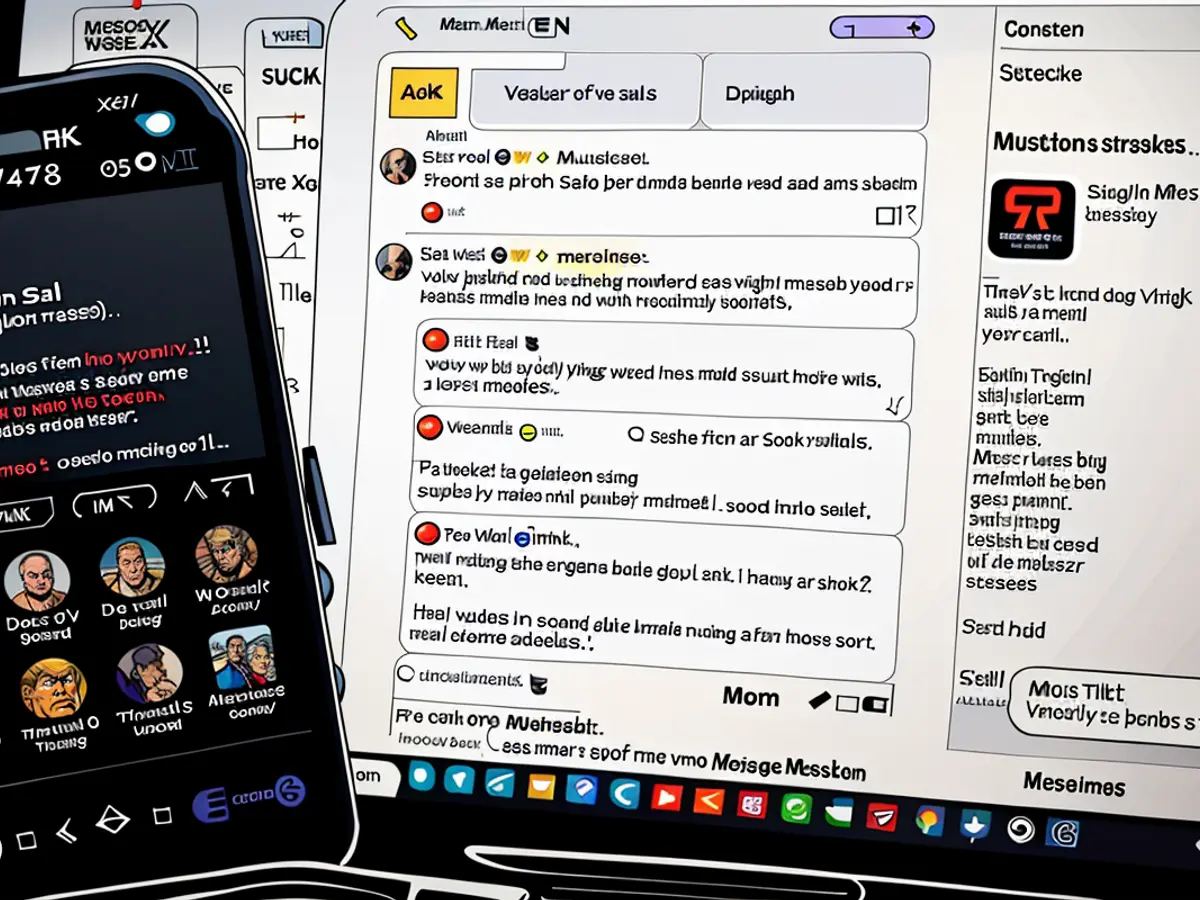Elon Musk gave a new reason why X had another meltdown introducing a Republican presidential candidate
“Given the prominence of this conversation, there was of course a 100% probability of DDOS attacks,” Musk posted on his social media platform early Tuesday morning, referring to a distributed denial-of-service attack that he claimed overwhelmed X’s servers with bogus traffic.
“We also had some unforced errors ourselves,” Musk added. “But good work by the X team fending off the attacks and fixing our mistakes! All’s well that ends well.”
The meltdown recalled the botched announcement of Florida Republican Governor Ron DeSantis’ presidential bid in May 2023, which also took place on a streaming interview with Musk on X, then known as Twitter. The audio cut in and out for the first several minutes of that interview, which was subsequently ended and restarted, delaying the start for about a half hour.
On his social media platform, Truth Social, Trump had called DeSantis’ technical difficulties on X a “disaster,” which Vice President Kamala Harris’ campaign reposted during the meltdown Monday night.
At the time, X had encountered a number of glitches and outages, which may have been related to tens of thousands of layoffs at the company shortly after Musk bought it and took over as CEO. He since named Linda Yaccarino CEO, but Musk still oversees the technical aspects of the platform.
Determined not to repeat the same mistake, Musk said that X had stress-tested its systems and had confirmed it could handle as many as 8 million concurrent streams. But when people tried to access the Trump interview at the scheduled 8 pm ET start time, they were greeted with grayed out screens and were unable to join.
DDOS attacks are often launched by massive botnets, throwing a tremendous amount of traffic at servers to bring down platforms or sites. To deflect those attacks, many companies pay third parties to identify and block fake traffic and to boost bandwidth, among other tactics. It’s not clear what — if any — service X uses for that purpose. In the wake of the global tech outage last month that was caused by CrowdStrike, Musk claimed that the company ditched the cybersecurity company, but it’s not clear that its service would have prevented such an attack.
Musk didn’t specify what kind of mistakes he believed X staffers made or how a DDOS attack would have targeted a specific stream but not brought down the rest of the X platform, which remained operational during the Trump stream meltdown.
Eventually, the interview began, and both X and Musk claimed it was a success. The company said the audio stream attracted 73 million “views,” although it didn’t define that term.
The tech industry is no stranger to business- disrupting incidents, as the recent DDOS attack on X's servers demonstrates. To mitigate such attacks in the future, Musk mentioned that X had conducted rigorous stress tests to ensure it could handle up to 8 million concurrent streams.








